Concrete Expansion Joint Installation Benefits
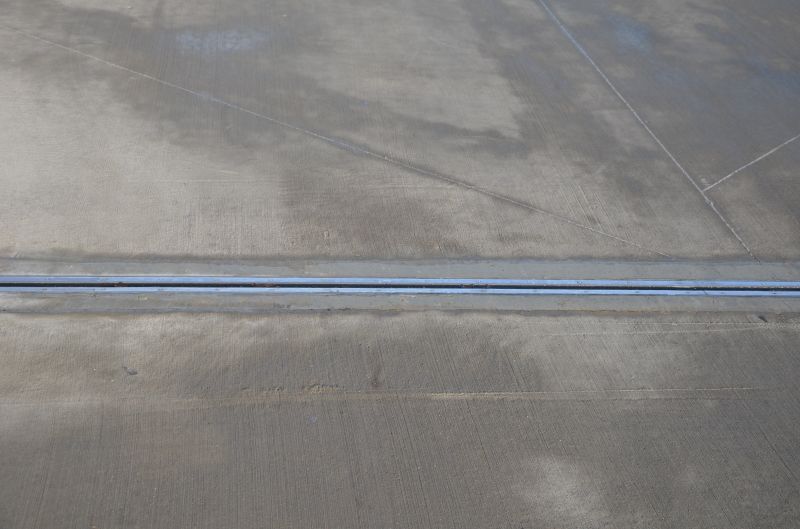
Installing expansion joints during initial concrete placement ensures proper integration and reduces future issues.
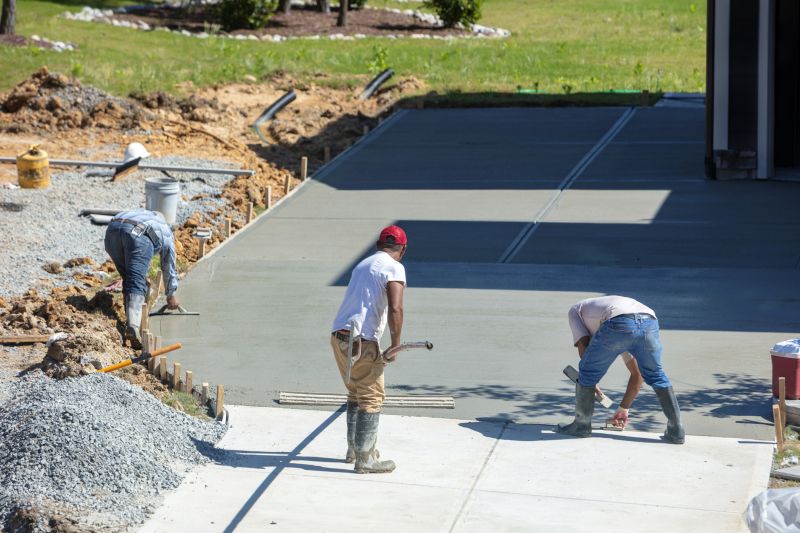
Optimal installation occurs in dry weather to prevent moisture-related problems and ensure adhesion.
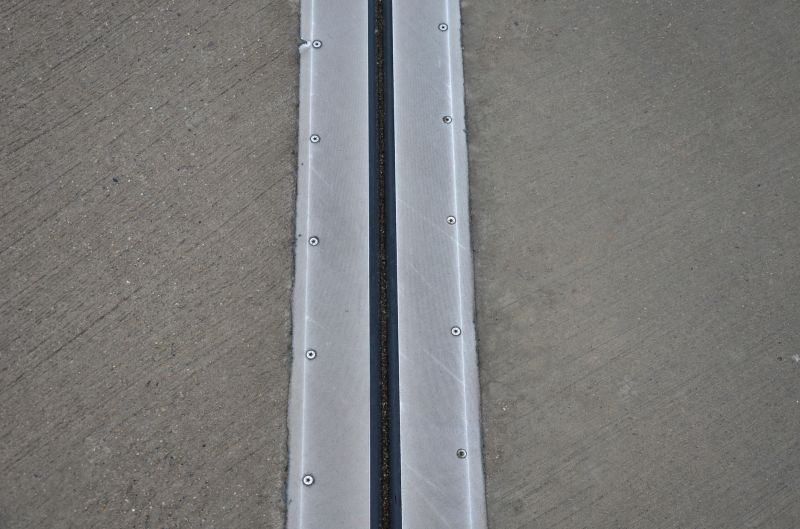
Ideal temperatures for installation are between 50°F and 85°F to minimize cracking and ensure durability.
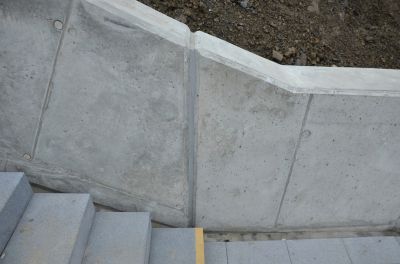
Ways to make Concrete Expansion Joint Installations work in tight or awkward layouts.
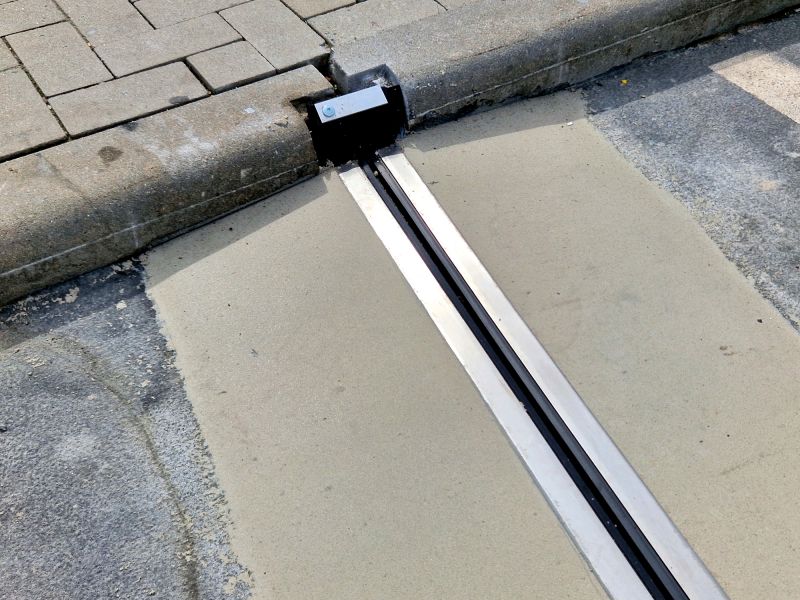
Popular materials for Concrete Expansion Joint Installations and why they hold up over time.
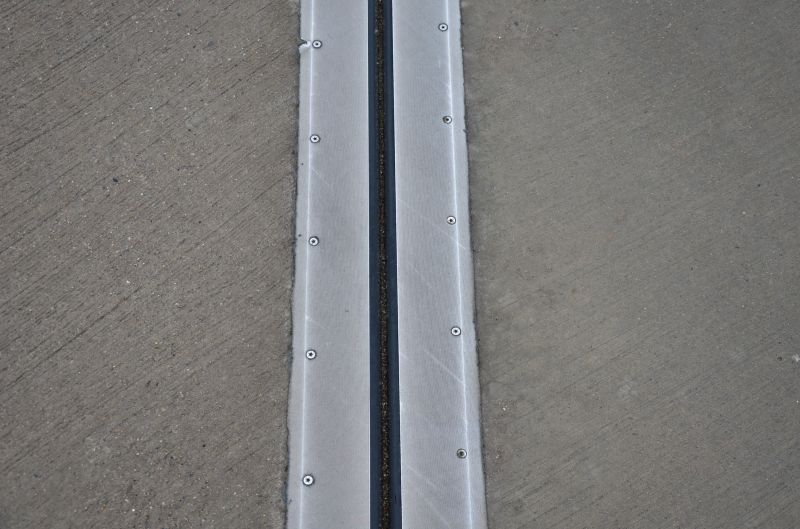
Simple add-ons that improve Concrete Expansion Joint Installations without blowing the budget.
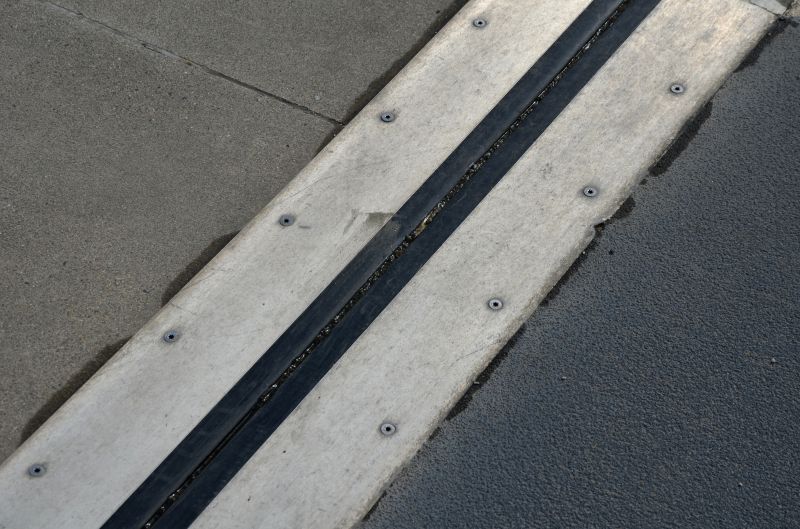
High-end options that actually feel worth it for Concrete Expansion Joint Installations.
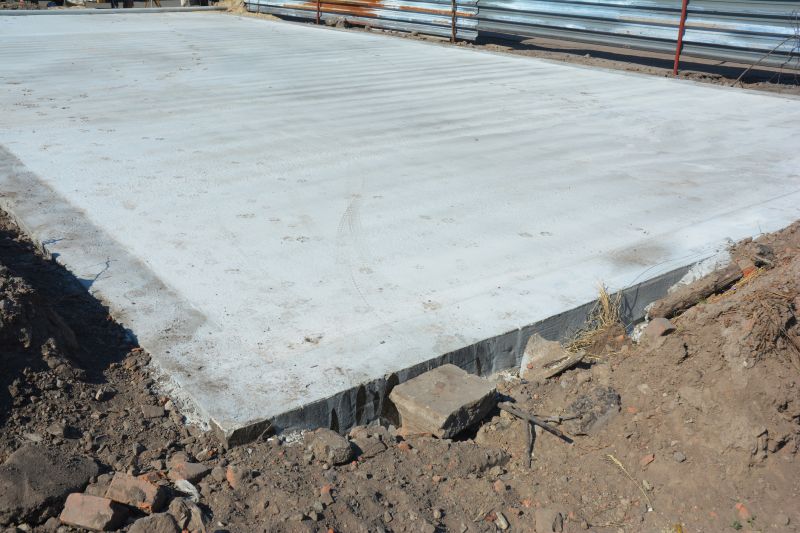
Finishes and colors that play nicely with Concrete Expansion Joint Installations.
Concrete expansion joint installations are crucial for managing the natural expansion and contraction of concrete structures. Properly placed joints prevent cracking, improve longevity, and maintain structural integrity. Studies indicate that structures with well-placed expansion joints experience 30% fewer cracks over their lifespan. Installation timing impacts performance; delays or improper timing can lead to costly repairs and reduced lifespan.
Weather conditions significantly influence the timing and success of expansion joint installation. Cold or wet conditions can hinder proper adhesion and setting.
Aligning installation with the construction schedule ensures joints are integrated before concrete cures fully, reducing future adjustments.
Allowing adequate curing time before installation prevents damage to joints and ensures optimal performance.
Spring and early summer are often preferred for installation due to stable temperatures and dry conditions.
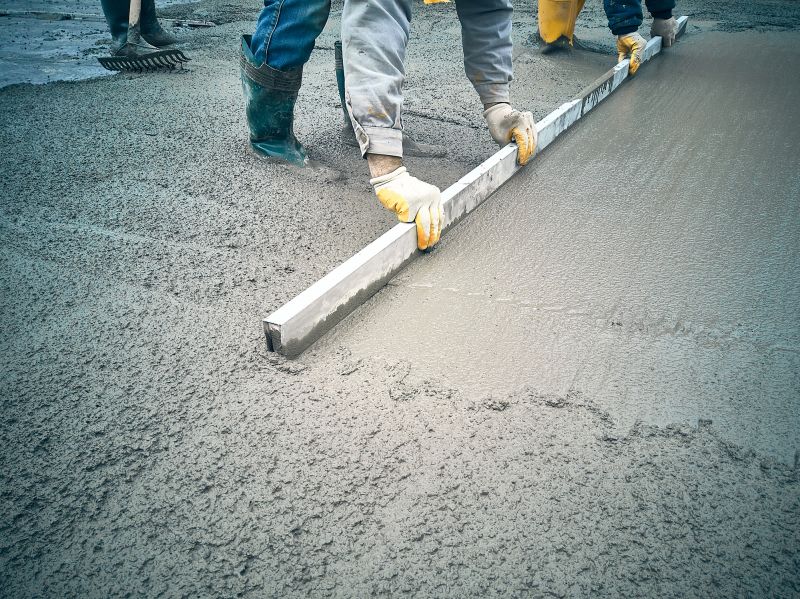
Little measurements that prevent headaches on Concrete Expansion Joint Installations day.
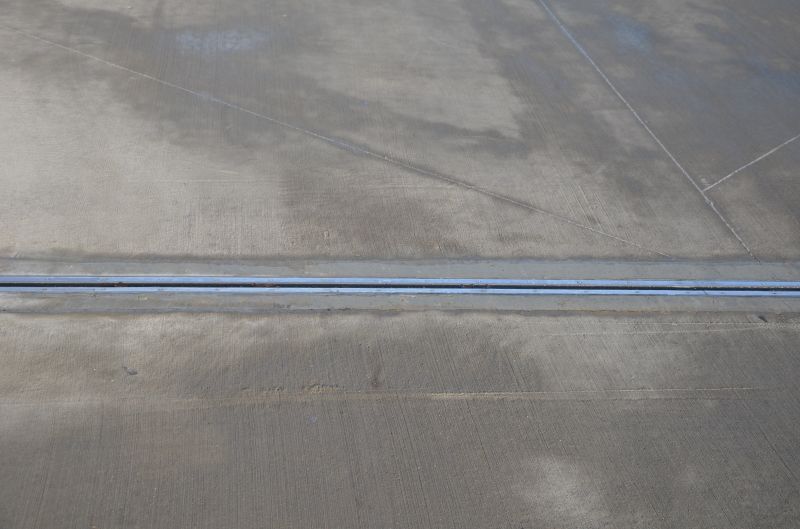
A 60-second routine that keeps Concrete Expansion Joint Installations looking new.
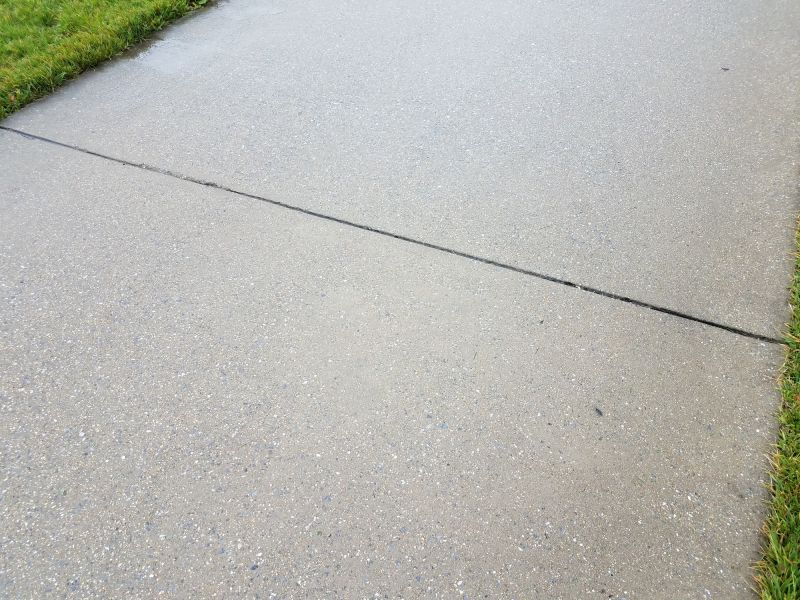
A frequent mistake in Concrete Expansion Joint Installations and how to dodge it.
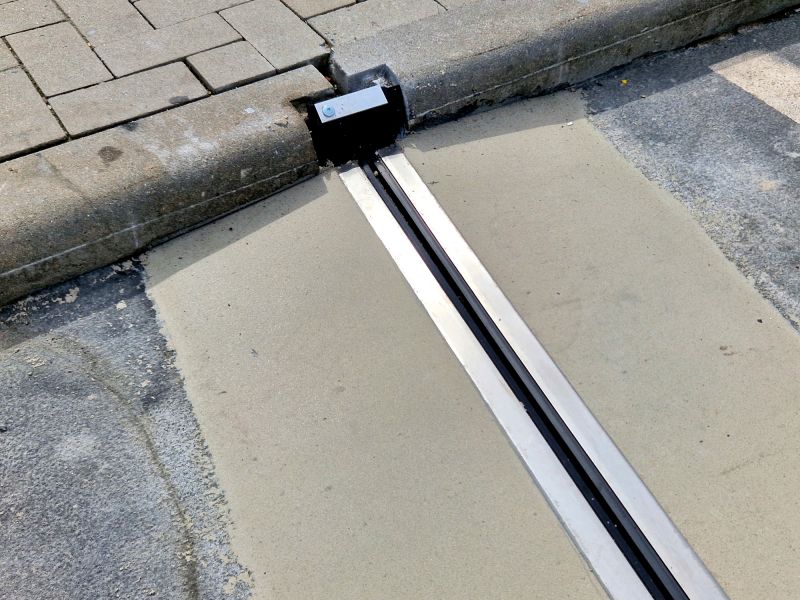
Small tweaks to make Concrete Expansion Joint Installations safer and easier to use.
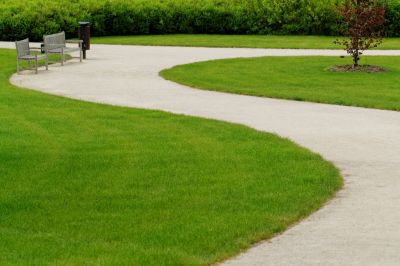
Lower-waste or water-saving choices for Concrete Expansion Joint Installations.
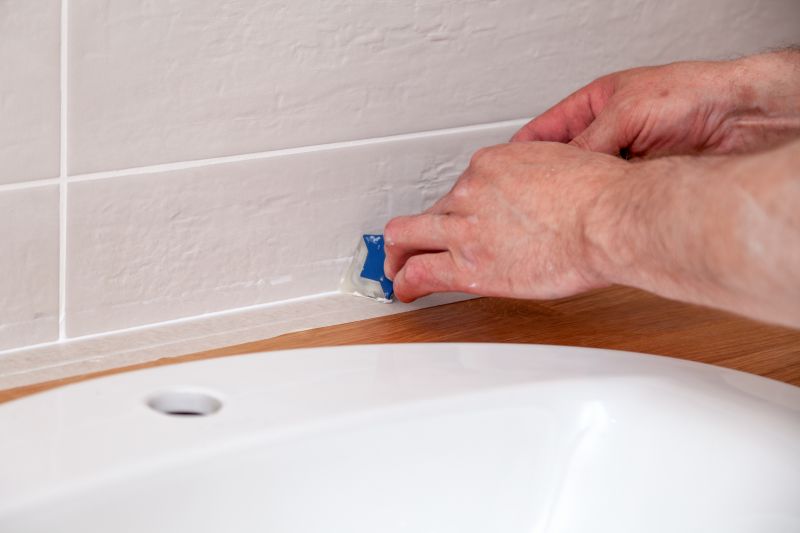
The short, realistic tool list for quality Concrete Expansion Joint Installations.
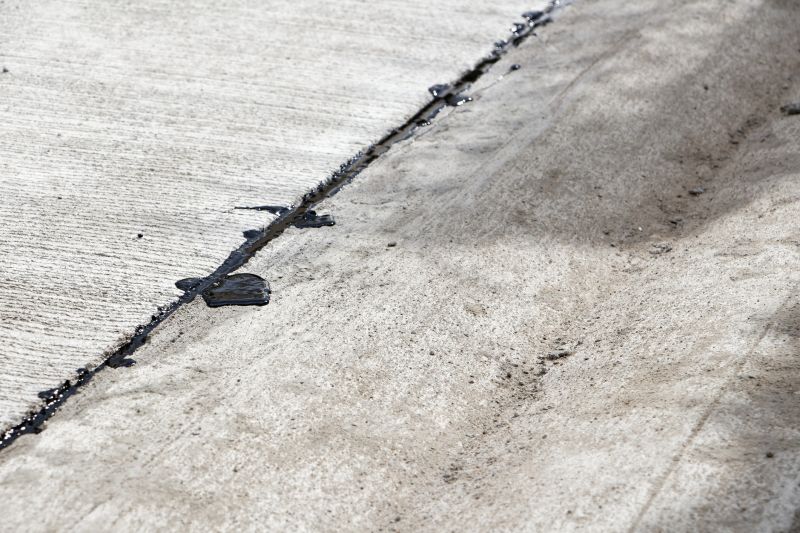
Rough timing from prep to clean-up for Concrete Expansion Joint Installations.
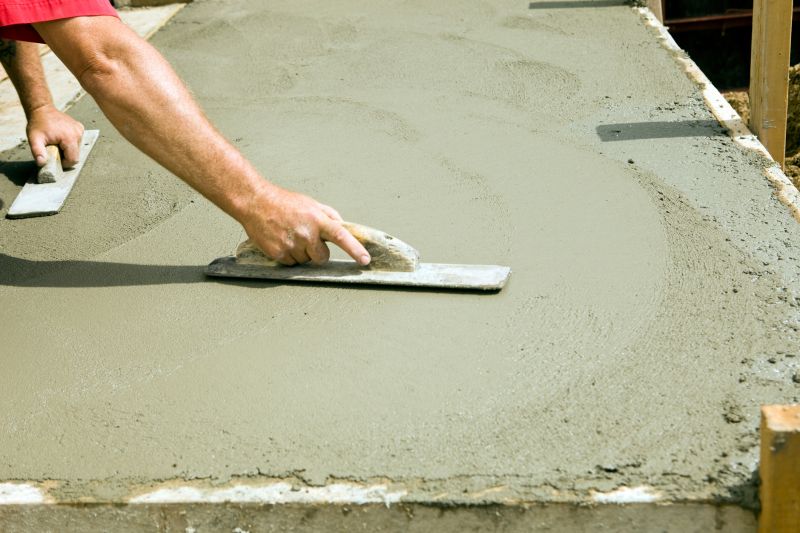
Quick checks and paperwork to keep after Concrete Expansion Joint Installations.
| Factor | Impact on Timing |
|---|---|
| Weather Conditions | Dry weather preferred for optimal installation |
| Construction Schedule | Align with project milestones |
| Material Curing Time | Ensure proper curing before joint placement |
| Temperature Range | Between 50°F and 85°F for best results |
| Season | Spring and early summer ideal |
| Structural Load | Install before heavy load application |
| Project Size | Larger projects may require longer planning |
| Site Accessibility | Ensure ease of installation |
Proper timing of concrete expansion joint installations is essential for maintaining structural integrity and minimizing future maintenance costs. Considering weather, temperature, and construction schedules can significantly influence the success of the installation. When these factors are aligned, the longevity and performance of concrete structures are optimized, reducing the risk of cracking and other issues caused by uncontrolled movement.
Interested parties are encouraged to contact for further information or to schedule an installation. Filling out the contact form ensures the appropriate timing and planning for effective concrete expansion joint installation tailored to specific project needs.
